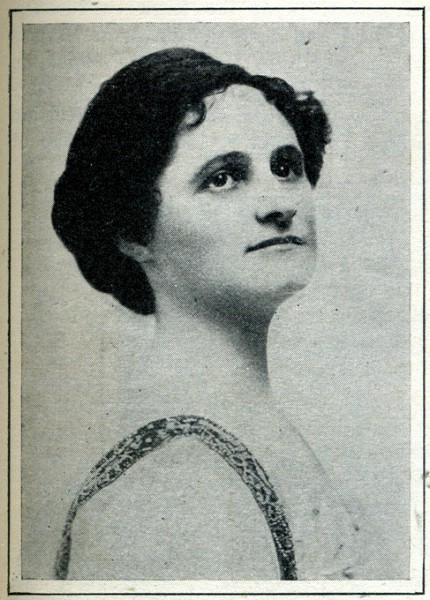Learn about the early years of the Fulton Street Farmers Market
Join us Thursday night when we explore the early years of the popular Fulton Street Farmers Market, established in 1922 as a way for residents to fight inflationary high food prices.
The Rapidian's Nonprofits section features stories written directly by local nonprofits about their work. These stories reflect their perspectives, not The Rapidian's editorial voice.

A look back at the beginning of farmers markets in Grand Rapids
It's hard to believe that a Grand Rapids ordinance once prohibited the sale of fresh produce in the city streets for 20 years (1897 - 1917). After that ban was lifted, farmers markets began to flourish throughout the city as residents searched for more affordable fruits and vegetables and a way to fight the inflationary prices of food. This year, the Fulton Street Farmers Market celebrates its 90th anniversary, so it's a great time to take a look back at its history. Learn more about the farmers market movement Thursday night when college instructor Jayson Otto shares his research on this popular topic!
Travel back into the early part of the 20th century Thursday evening when we learn how local residents -- mostly women-- tried to fight the high cost of food prices by convincing leaders to establish farmers markets, including the popular and enduring Fulton Street Farmers Market just west of Fuller Avenue NE that opened in 1922.
The market was among a handful that opened about that time to help families struggling to feed their families during inflationary times. The opening was particularly noteworthy because for 20 years, between 1897 and 1917, city ordinances prohibited farmers from selling fresh produce on city streets.
College instructor Jayson Otto will share the fruitful results of the fascinating archival research he conducted while completing his thesis in historical agriculture at Michigan State University. Otto managed the Fulton Street Farmers Market between 2005 and 2007 and did not realize until he started his thesis that Progressive Era women were very instrumental in the battle to get healthy food into the city.
In celebration of the market's 90th anniversary, the event Thursday is co-sponsored by the Grand Rapids Historical Society, the Greater Grand Rapids Women's History Council and the Gerald R. Ford Presidential Museum. It starts at 7 p.m. Thursday, March 8 at the Ford Museum, 303 Pearl St. NW. It is free and open to the public. Parking is free, too.
The Fulton Street Farmers Market was one of the first to open when inflation caused food prices to soar. Led by former Michigan State Senator Eva McCall Hamilton of Grand Rapids, the persistent advocates of a farmers market endured throughout the movement's failures and successes.
Hamilton became known as the "mother" of retail farmers markets in Grand Rapids in addition to her leadership with the Grand Rapids Federation of Women's clubs, Ladies Literary Club and the Woman's Committee of the Council of National Defense.
She also was prominent in politics. Two months after Congress ratified the 19th Amendment to the United States Constitution that granted women the right to vote, Hamilton became the first woman elected to the Michigan legislature. Today, 92 years later, she is unfortunately the last and only woman to represent Grand Rapids in the Michigan State Senate.
Otto is an adjunct professor at Aquinas College. He also has taught at Grand Valley State University and Muskegon Community College.

A core service of the Grand Rapids Community Media Center





